The company explained this week that it has pioneered “new technology that sorts tiny flakes of recyclable material from contaminated waste”.
Detailing the process, Biffa said the recycling starts at its neighbouring Seaham plant in County Durham, where PET contaminated by aluminium or PVC is removed to ensure only the “highest quality material goes on to be recycled into food-grade products”.
During this sorting and flaking process, some of the good quality plastic is invariably caught up with the contaminated material, meaning that historically it could not be recycled, the company added.
Flakes
The contaminated material is taken to Biffa Group’s new PET Recovery Plant in Washington, where state of the art technology enables magnetic currents to remove the residual metal, while optical sorters remove any remaining traces of PVC, leaving only the recyclable PET flakes behind.
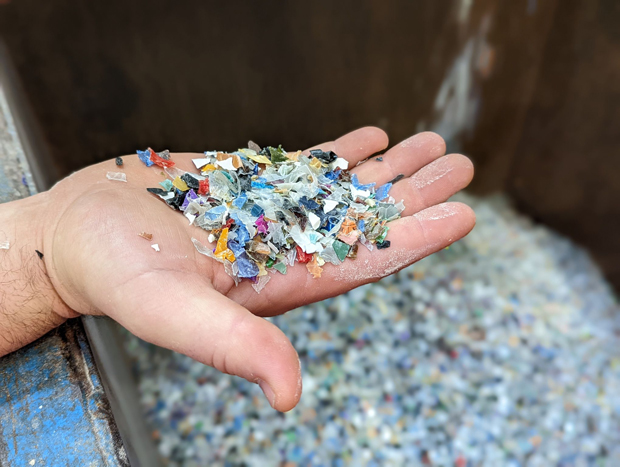
Supply chain
This recyclable PET material is then able to re-enter the recycled polymer supply chain, delivering significant financial and sustainability benefits, said Biffa.
The project recently won the ‘Best Use of Design and Technology in a Waste Management Facility category in the letsrecycle.com Awards for Excellence held earlier this month.
Vision
Phil Goodier, Biffa Polymers managing director, said: “This award is testament to Biffa’s vision, and commitment to delivering innovative solutions to help tackle the UK’s waste challenge.
“Through this latest technology we are able to apply new recycling processes which can ultimately capture valuable high-quality PET that would otherwise be lost in the waste stream.
“With more than £50million invested in plastics recycling infrastructure since 2016, Biffa recycles over 150,000 tonnes of plastic every year, with plans in place to drive further growth in the coming years.”
The PET Recovery Plant was built inside Biffa’s existing plastic recycling facility in Washington alongside the company’s other polymer plants in Seaham and Redcar. Biffa considers that the plant cements it as the UK’s “leader in recycled food-grade PET and HDPE”.





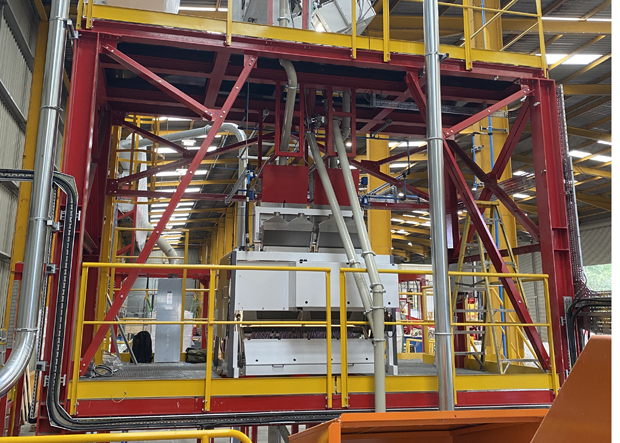
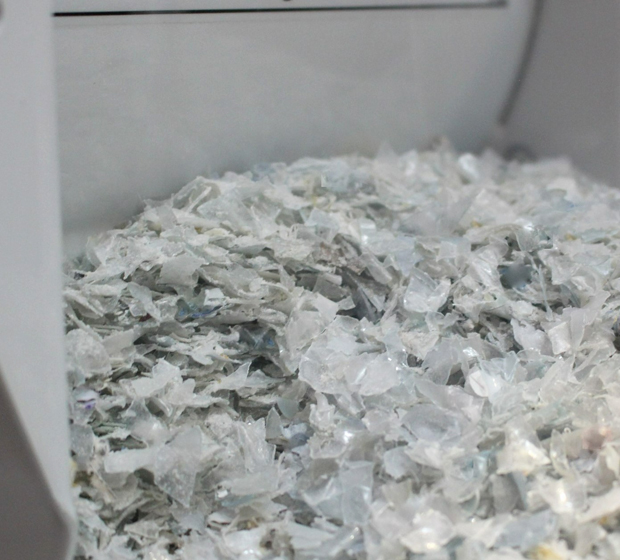
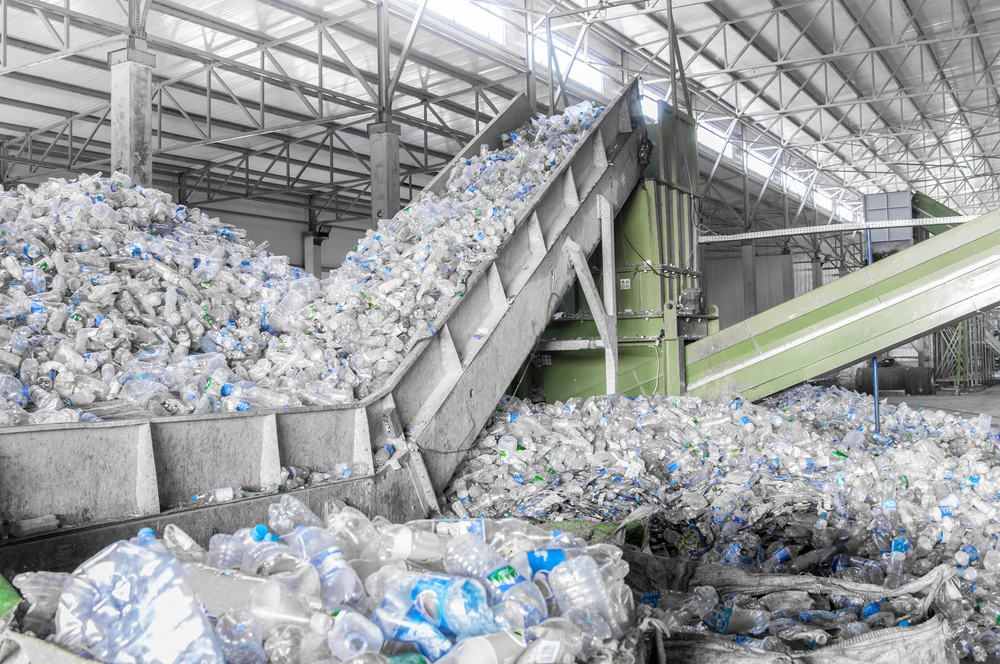
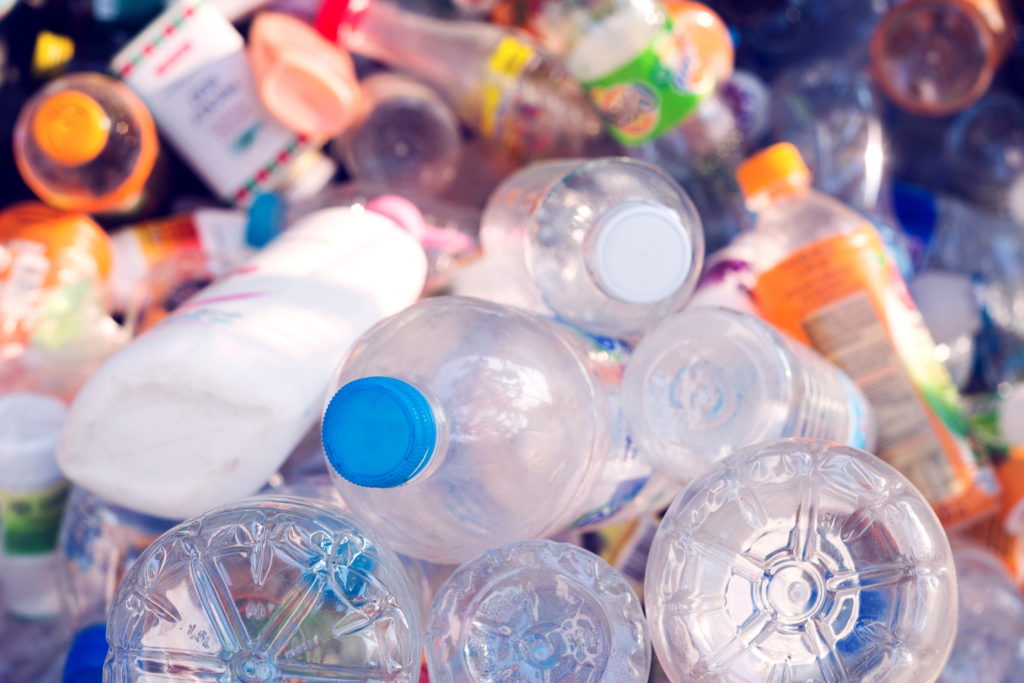
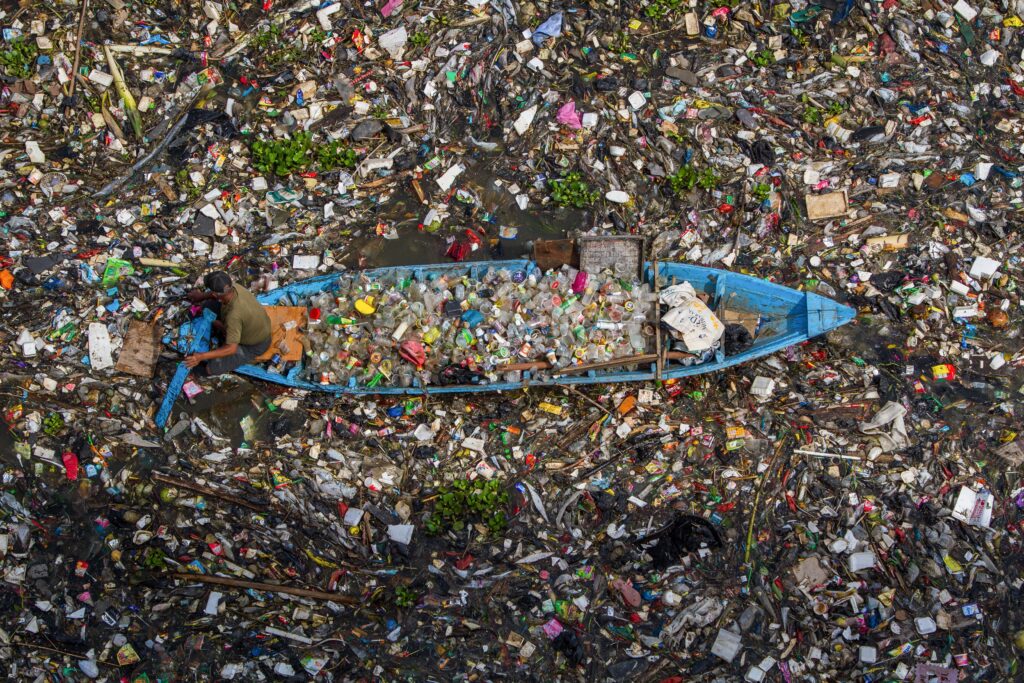

Subscribe for free